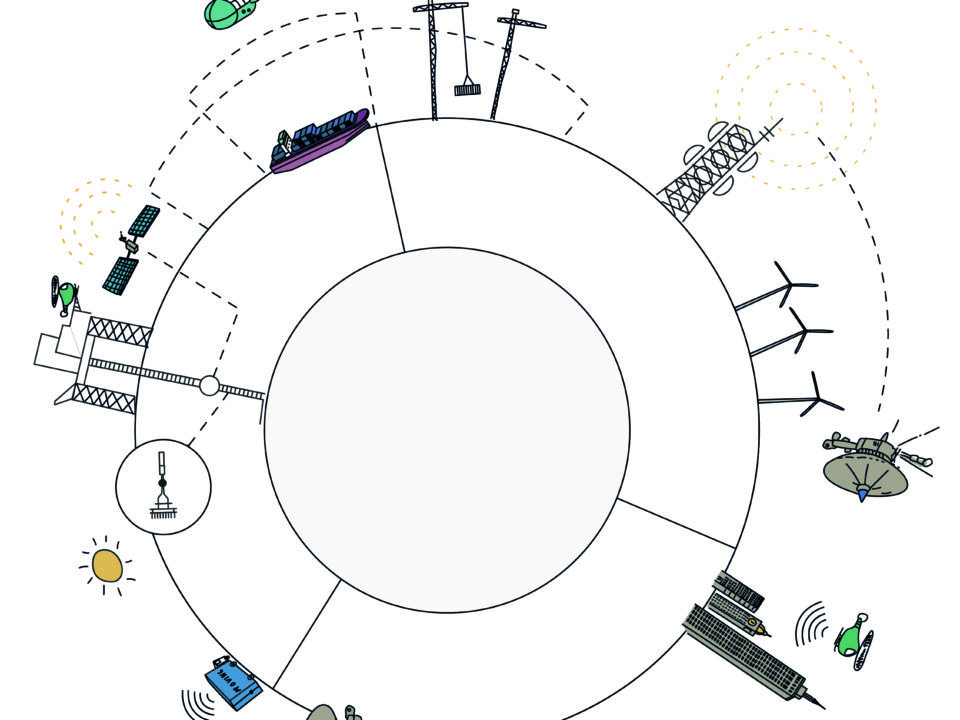Who really represents app developers?
ACT | The App Association has long positioned itself as representing the interest of the makers of apps. It claims to represent more than 5,000 app makers yet only 30 are listed on its website. Curiously, it often takes positions on issues that do not seem clearly aligned with or even relevant to the interests of app developers.
ACT has taken very strong positions on SEP/FRAND issues, but it is not quite clear why. App developers rarely license SEPs nor do they need to seek SEP licenses. In reality, it’s not very clear how and why SEPs are an issue for app makers. Thus, it is odd that ACT takes aggressive positions on SEP/FRAND issues.
Such positions are aligned with those of certain large implementers – but potentially against the interests of app developers themselves. This is because one of ACT’s most-repeated demands (i.e. licenses for actors at all levels of a supply chain) risks exposing more stakeholders to needing a SEP license even when they don’t need a license as things stand today. This might include those few app developers who would be technically infringing SEPs, for example by streaming video using a standardised codec.
SEPs are not the only area where ACT’s messaging seems out of sync with the interests of app makers. In Europe, the Digital Markets Act (DMA) has been introduced to regulate the large digital platforms or ‘gatekeepers’ which are seen as too powerful. The DMA is intended to help firms that rely upon these gatekeepers and it’s clear that app developers – of which a number have already made competition law complaints against large digital platforms – are an intended beneficiary. Nevertheless, ACT has identified the DMA as a threat for its members (see here).
Another organization that claims to represent the interests of app makers is the Coalition for App Fairness. The Coalition for App Fairness includes prominent app makers such as Spotify, Epic Games, Basecamp and Deezer. Unlike ACT, the Coalition for App Fairness does not appear to take positions on SEP and FRAND issues. Presumably, that is because they are not relevant to the interests of the app makers it represents. The Coalition is, however, strongly supportive of the DMA.
If one wants to look at the significance of Coalition members versus ACT members one can simply look at the amount of app reviews associated Coalition members versus those associated with ACT members. The difference is truly stunning.
We believe this is because big implementers are the true voice of ACT on SEP/FRAND issues, working behind the scenes to endorse positions that are in their own commercial interests but not necessarily those of small app developers. To inform their own assessment, readers may wish to view the “sponsors” page of ACT at https://actonline.org/sponsors/.



